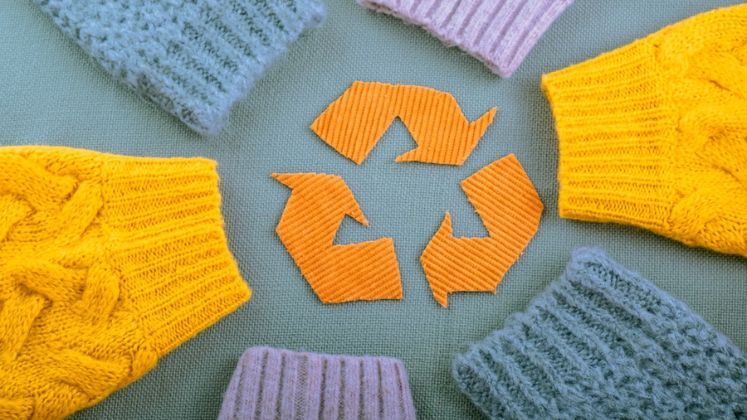The UK Government is being urged to introduce variable Extended Producer Responsibility (EPR) fees in order to promote sustainability and create a circular economy in the country’s fashion and textile industry, according to a recent white paper published by QSA Partners.
The report sought to highlight the necessity of this step, which it claimed would guarantee that manufacturers pay the cost of their products’ end-of-life care rather than shifting the expense onto communities. It was supported by UK Fashion and Textile Association (UKFT), the British Fashion Council (BFC), the British Retail Consortium (BRC), and a number of fashion brands.
“For the industry to increase recycling and the reuse of products and materials, whilst reducing unnecessary consumption and the harmful impacts of production,” according to QSA, an EPR framework is required.
Its suggestion is a component of the Sandbox Project, which was unveiled by trade associations the previous year with the goal of paving the way for the implementation of circular economy ideas throughout supply chains.
In order to encourage supply chain participants to guarantee the reuse, refurbishing, and resale of their apparel and textile items, the combined organisations set out to design a new EPR system.
The most recent report reiterates this goal and adds that variable EPR costs would allow local operators to process these items properly and reduce environmental impact by channelling revenues to them.
According to QSA, this also acts as a catalyst for more investment to be allocated to the UK for the creation of circular jobs, infrastructure, and skills.

